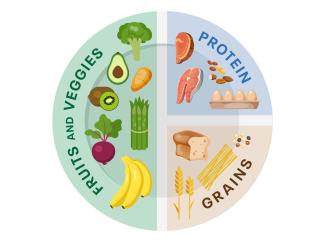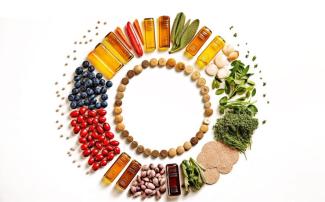
Ginkgo biloba, derived from the leaves of one of the oldest living tree species, is widely recognized for its potential therapeutic benefits, including its positive effects on male sexual health. The primary bioactive compounds in Ginkgo biloba are flavonoids and terpenoids, which contribute to its various health-promoting properties.
Enhancing Erectile Function
Ginkgo biloba is known to improve blood circulation, which is crucial for erectile function. Enhanced blood flow to the genital area can help men achieve and maintain an erection. Several studies suggest that Ginkgo biloba can benefit men with erectile dysfunction, particularly those whose condition is related to impaired blood flow. The improvement in vascular function helps in relaxing blood vessels and increasing nitric oxide availability, facilitating better erectile performance.
Increasing Libido
Ginkgo biloba may also have a positive impact on libido. Research indicates that it can boost the levels of nitric oxide in the body, which aids in the relaxation of blood vessels and enhances sexual desire. This effect is especially significant for men experiencing a decrease in libido due to aging or stress. The adaptogenic properties of Ginkgo biloba help reduce stress and anxiety, further contributing to an improved libido and overall sexual experience.
Supporting Overall Sexual Health
Regular consumption of Ginkgo biloba can contribute to general sexual well-being. Its antioxidant properties protect cells from damage, which is beneficial for maintaining a healthy reproductive system. Additionally, Ginkgo biloba's ability to improve mood and reduce anxiety can lead to enhanced sexual satisfaction. The combination of improved blood flow, stress reduction, and cellular protection makes Ginkgo biloba a valuable supplement for overall sexual health.
Interaction with Other Medications
It is important to consider potential interactions between Ginkgo biloba and other medications. For instance, Ginkgo biloba may increase the risk of bleeding, particularly in men taking anticoagulants or antiplatelet drugs. Therefore, consulting with a healthcare professional before starting Ginkgo biloba supplementation is crucial, especially if you are on medication or have underlying health conditions.
Ginkgo biloba is widely available and can be sourced from various locations, including:
- Pharmacies: Many pharmacies stock Ginkgo biloba supplements in different forms.
- Health Food Stores: Stores specializing in natural and organic products typically carry Ginkgo biloba.
- Online Retailers: Numerous reputable online platforms offer a wide range of Ginkgo biloba products.
- Specialty Shops: Shops focusing on herbal and traditional medicines often have Ginkgo biloba available.
Forms of Ginkgo Biloba and How to Consume
Ginkgo biloba is available in several forms, each with specific instructions for use. The most common forms include:
Capsules and Tablets
- Standard Dosage: 120-240 mg per day, divided into two to three doses.
- Instructions: Take with water, preferably with meals to reduce potential stomach discomfort.
Tinctures and Liquid Extracts
- Standard Dosage: Approximately 30-40 drops, taken three times a day.
- Instructions: Mix the drops with water or juice for easier consumption.
Teas
- Preparation: Use 1-2 teaspoons of dried Ginkgo biloba leaves per cup of boiling water. Steep for 5-10 minutes and then strain.
- Instructions: Drink 1-2 cups per day.
Powders
- Standard Dosage: 1-2 grams per day.
- Instructions: Add the powder to smoothies, yogurts, soups, or other foods as preferred.
Safety and Best Practices
To maximize the benefits and ensure the safe use of Ginkgo biloba, consider the following tips:
- Consistency: Regular use is key to experiencing the full benefits. It may take several weeks to notice improvements.
- Consult a Healthcare Provider: Before starting Ginkgo biloba, especially if you are taking other medications or have health conditions, seek medical advice to avoid adverse interactions and side effects.
- Monitor for Side Effects: While generally safe, Ginkgo biloba can cause headaches, dizziness, stomach upset, or allergic reactions in some individuals. If you experience any of these, discontinue use and consult a healthcare professional.
- Proper Storage: Store Ginkgo biloba in a cool, dry place away from direct sunlight and out of reach of children.
Ginkgo biloba is a versatile supplement available in multiple forms, suitable for various preferences and lifestyles. By following recommended dosages and considering individual health conditions, you can safely incorporate Ginkgo biloba into your routine to support overall well-being. Always prioritize professional medical advice to ensure the supplement is appropriate for your specific needs






